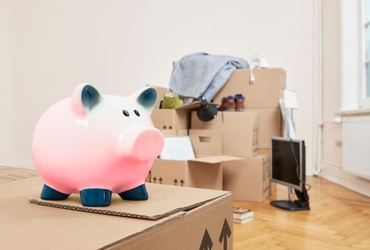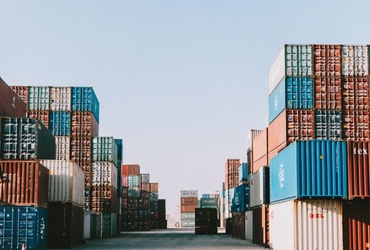
Importing from China: What you need to know (Part two)
Jorge Mora, the author of the import from China blog, gives us his expert insights on importing from China. Last week, we published part one of the interview. In this post, we focus on the future of China as the nucleus of world trade, international ocean freight to China, and the opportunities.
What’s your view on the lack of clarity regarding regulations in China for imports? What’s the best way to overcome this?
I don’t think that the lack of clarity in Chinese regulations actually affects the importer directly. If you’re importing shoes, you’re not going to encounter any problems with Chinese regulations. The supplier loads the merchandise in the container (for the FOC Incoterm) and you won’t have any issues.
It’s true that there’s a tax benefit for importing from China. But this is already included in the FOB prices from our suppliers. That said, we do not need to know the legislation. There are also regulations that control and monitor what suppliers can export. A shoe supplier cannot, for example, export sofas. That’s why so many manufacturing companies in China delegate their exports to other companies. All this, to avoid the strict Chinese regulations. But as previously mentioned, this does not affect importers too much.
What are the main difficulties and challenges importers face when importing from China?
For first time importers, the lack of knowledge of the entire process is undoubtedly the biggest obstacle. They don’t know much, if not anything, about how to hire a transportation company, nor to whom they have to pay their tariffs and taxes when the container is dispatched.
As for experienced importers, their biggest problem is usually with the volatile container prices. You could agree on a price of $500 only to see it rise to $2,500 on shipping day. At present, this is what’s posing the largest headaches.
What recommendations do you have for shippers importing from China?
I would recommend working under the FOB Incoterm. Always negotiate FOB prices to avoid the surprises that come with CIF prices. Under FOB conditions, you control the entire transportation process from the port of origin right up to your warehouse. This way, you avoid any unanticipated expenses and have everything sorted before the import process even begins.
Will China maintain its status as the world’s largest producer in the long run? Are there any indications that this will change?
I don’t have the least doubt that China will continue to be the world’s largest producer for a considerable period of time. What’s happening today is that processes that were carried out in China a decade ago have been shifted to other countries where labor costs are low, as it was in China 10 years ago.
But that said, only certain processes have been moved. A large part still remains in China. I think that the production of raw materials in China will continue for a while.
How can importers minimize the impact of General Rate Increases (GRIs)?
Since most GRIs come into effect during the first week of the month, importers can avoid the effects of GRIs by billing on the last week. Another option is to negotiate with your freight forwarder for a less advantageous rate than that of another shipping company not affected by the GRI.
In terms of technology, what are the main opportunities that arise from importing from China? And what are the main advantages of using technology to book an ocean freight shipment?
Searching for suppliers through Alibaba’s platform, new payment methods with companies such as Transfermate, container tracking and contracting Door-to-Door services with companies such as iContainers.** Technology has undoubtedly made life much easier for importers. **
At iContainers, for example, you can obtain immediate rates in real time. You don’t need to wait for the sales operative to provide you with a quote that has a set validity. Online quotes and contracts make the process so much easier.
What, in your opinion, are the markets in China that currently offer the greatest potential and opportunities for exporters?
I’m no expert in exporting to China. But I always try to find out what the Chinese are looking for every time I travel to China.
I speak to people in my office in China and they always tell me the same thing.** Health and quality of life is what concerns the Chinese the most**. Being able to support their families is one, especially after the contaminated baby milk incident. Pollution is also a huge problem in China. That said, anything that offers a solution or can improve the quality of life for the Chinese is always a great business opportunity.
And as always, luxury products. Internationally known brands. The middle class Chinese are willing to pay more for quality European products than local Chinese products.
- 1. What’s your view on the lack of clarity regarding regulations in China for imports? What’s the best way to overcome this?
- 2. What are the main difficulties and challenges importers face when importing from China?
- 3. What recommendations do you have for shippers importing from China?
- 4. Will China maintain its status as the world’s largest producer in the long run? Are there any indications that this will change?
- 5. In terms of technology, what are the main opportunities that arise from importing from China? And what are the main advantages of using technology to book an ocean freight shipment?
- 6. What, in your opinion, are the markets in China that currently offer the greatest potential and opportunities for exporters?
Related Articles


